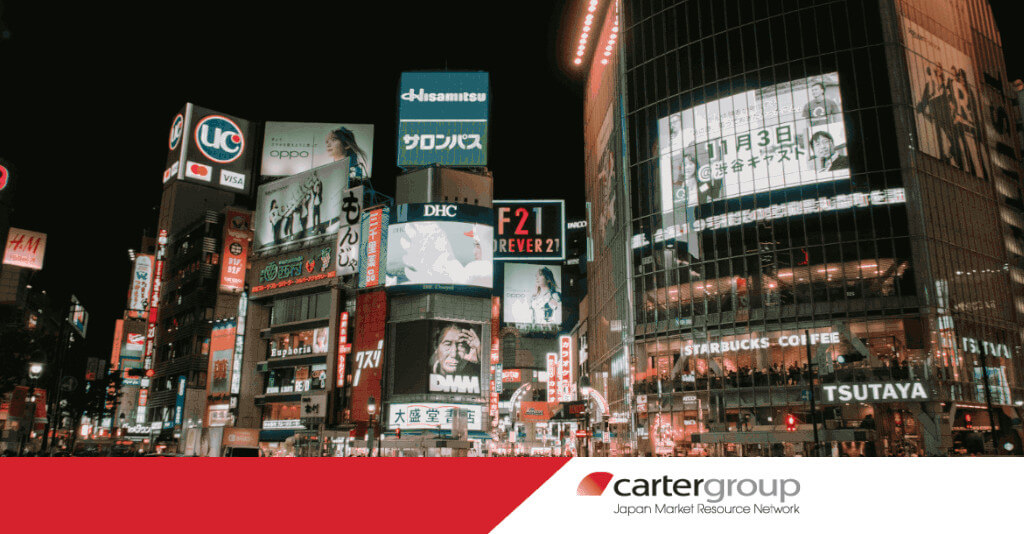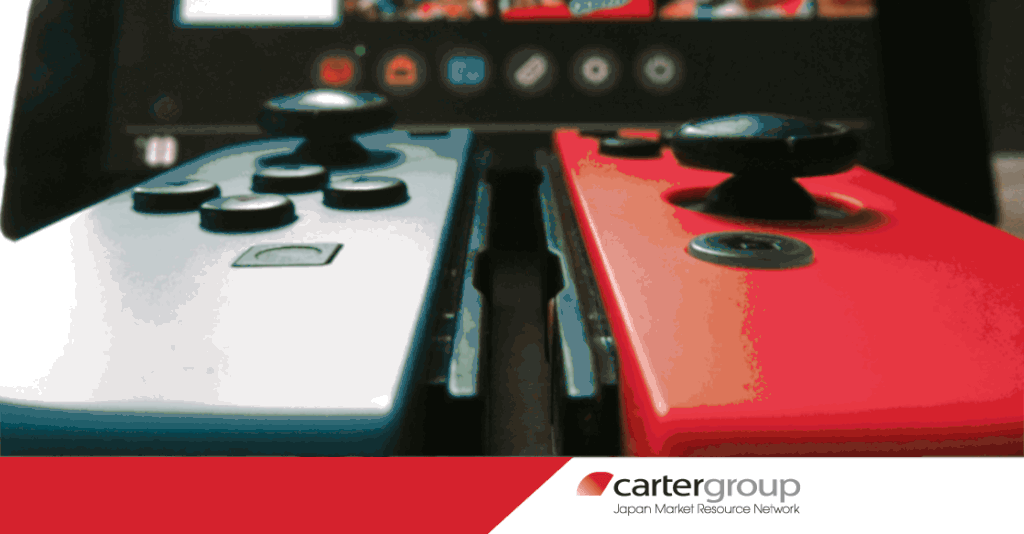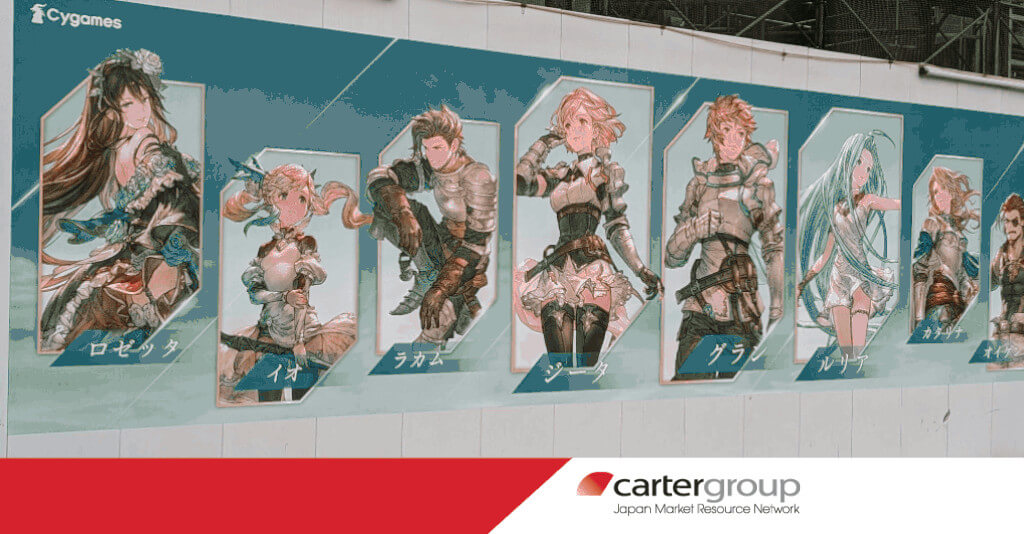
by carterjmrn | Mar 25, 2024 | Market Research Methodology
Diving Deep with IDIs: Uncovering Individual Narratives The market research journey often begins with in-depth Interviews (IDIs) before advancing to focus groups, employing a strategy that leverages the unique strengths of each method to achieve a holistic...

by carterjmrn | Mar 22, 2024 | Carter Group Viewpoints
Japan’s cultural and media landscape is notoriously complex, but few threads are as colourful and enduring as the influence of celebrities on consumer behaviour and marketing strategies. Among the many to choose from, Tetsuko Kuroyanagi stands out not only for her...

by carterjmrn | Feb 15, 2024 | Carter Group Viewpoints
Japan’s ever-evolving world of gaming presents a unique landscape where tradition and technology converge, crafting experiences that resonate deeply with a diverse audience of gamers. In this article, we explore the heart of this phenomenon, filled with nuanced...

by carterjmrn | Jan 19, 2024 | Carter Group Viewpoints
Japan’s gaming landscape contains a fascinating blend of tradition and innovation, deeply intertwined with the evolving identities of its gamers. This world is full of creators who generate an array of outputs from classic genres to innovative experiences,...

by carterjmrn | Aug 28, 2023 | Market Research Methodology
In a sense, generative AI in market research is not doing anything that researchers weren’t doing already. They have always generated, collected, analyzed, and utilized data. What AI has done is empower them to do all that at deeper, more robust, game-changing levels...

by carterjmrn | Jul 6, 2023 | Carter Group Viewpoints, Japan Market Entry
For brands seeking new frontiers and aiming for success on the entrepreneurial journey, there is no more interesting and fulfilling landscape than Japan. With years of experience partnering with and propelling products, services, and ideas into the Japanese market, we...

by carterjmrn | Jun 19, 2023 | Ageing and Generations, Aging Technology, Carter Group Viewpoints
The Power of Seniors in Business Japan is known for having the world’s largest aging population, and this demographic group is becoming more important for businesses. In particular, seniors are a significant consumer group that spends more than younger...

by carterjmrn | Jun 6, 2023 | Japan Market Entry, Market Research Methodology
It may be easy to think that the most relevant stakeholder in UX research is the end user. When it comes to creating the best customer experience strategy, they are not the only player needing attention. But no man – or stakeholder – is an island. They cannot be...

by carterjmrn | May 26, 2023 | Carter Group Viewpoints, Japan Market Entry
Qualitative research methods such as ethnography, in-depth interviews and focus groups are well suited to elicit unexpected insights into a culture other than one’s own. Especially in Japan, where gaining human-centered insights into behaviors and preferences can be...









